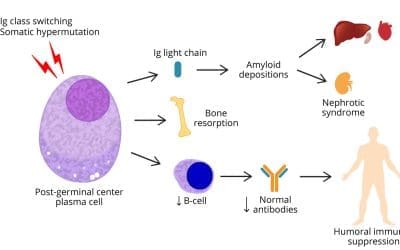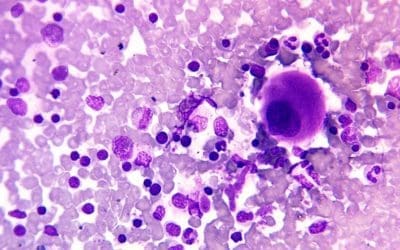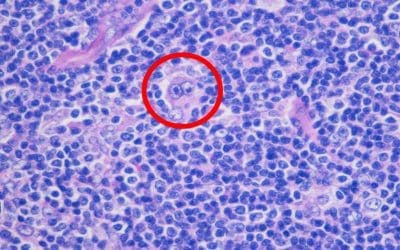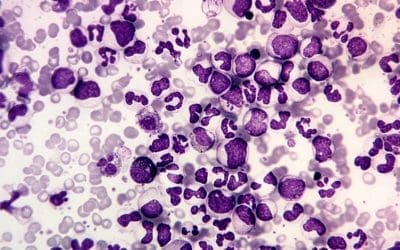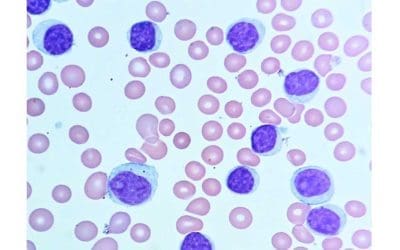CAR T-cell therapy is a revolutionary cancer treatment using engineered T-cells to target and destroy cancer cells.
Macrophage
Macrophages are essential immune cells that engulf and digest foreign particles, playing a crucial role in inflammation and tissue repair. They are found throughout the body and are involved in various diseases, including infections and cancer.
Basophils
Basophils are white blood cells that play a crucial role in allergic reactions and inflammation. They release histamine and other mediators, contributing to symptoms like sneezing, runny nose, and hives. Elevated basophil counts can be associated with certain conditions, such as asthma and chronic myeloid leukemia.
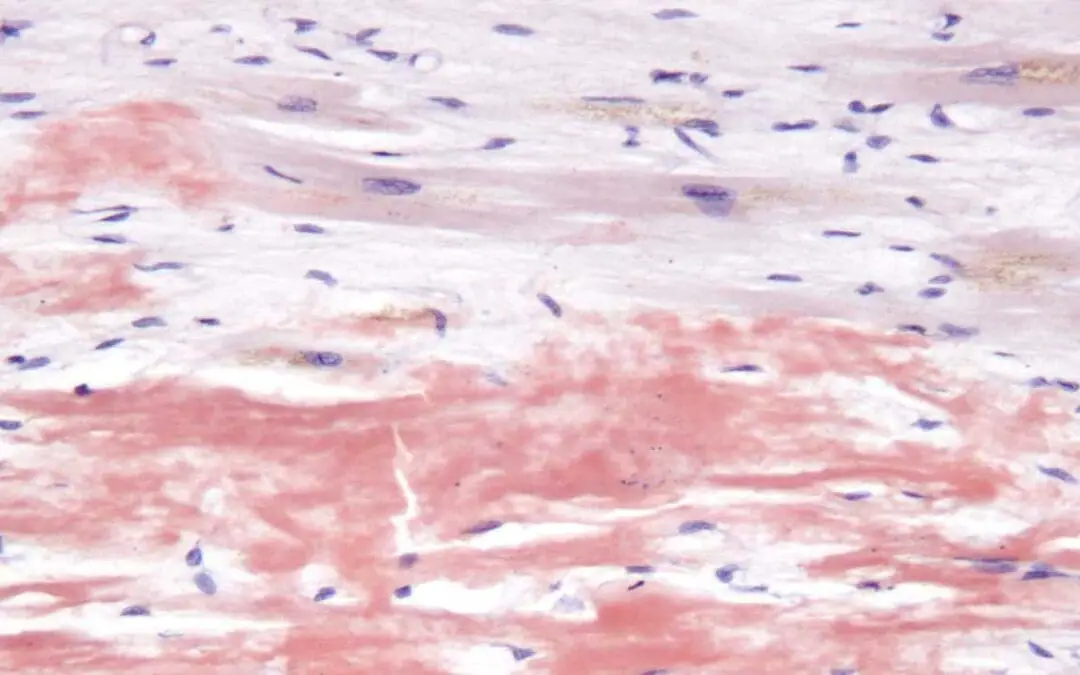
AL Amyloidosis (Primary Amyloidosis)
AL amyloidosis occurs when misfolded light-chain proteins deposit in organs. Prompt treatment improves outcomes.

Sjögren’s Syndrome
Sjögren’s syndrome: An autoimmune disease causing dry eyes, mouth. Systemic effects is possible. Early diagnosis & management are key.
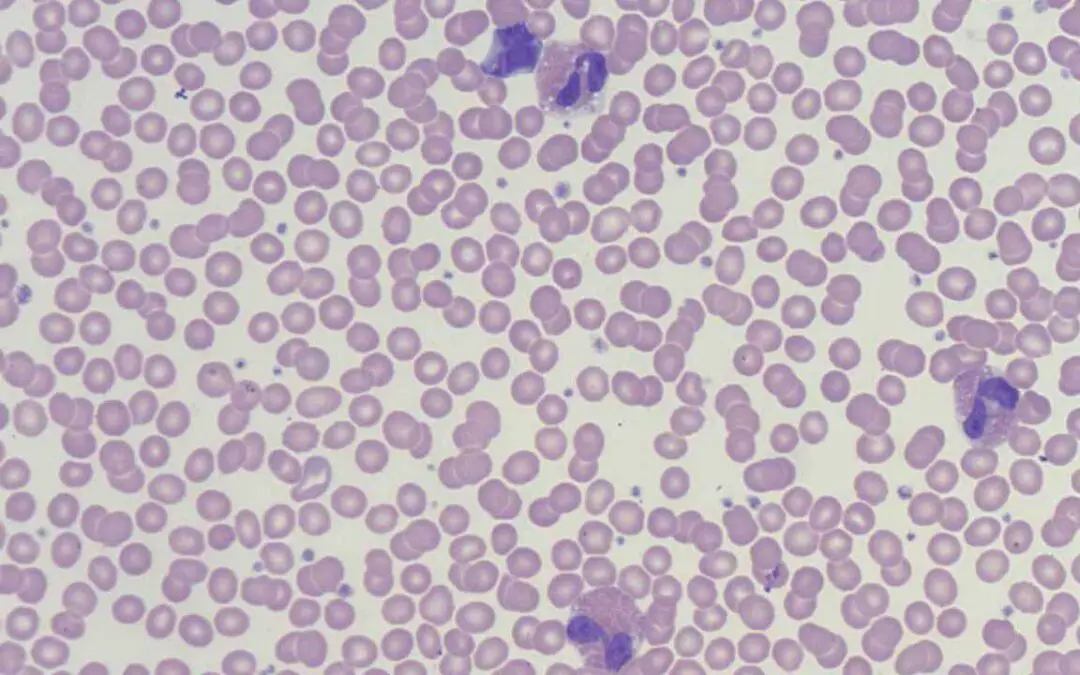
Causes of Eosinophilia (High Eosinophils)
High eosinophil count in blood. May indicate allergies, infections, or other conditions. Symptoms vary. Diagnosis via blood test.
Multiple Myeloma
Multiple myeloma (MM) is a blood cancer that affects plasma cells. Plasma cells produce antibodies that help fight infection. In MM, plasma cells become abnormal and grow uncontrollably. This can lead to bone pain, anemia, and other complications.
Myeloperoxidase Reaction (MPO) Stain
A stain mainly used to differentiate AML from ALL and gives a bluish to brownish tinge in cells with lysosomal enzyme.
May-Grünwald Giemsa (MGG) Stain
May-Grünwald Giemsa (MGG) stain is an intense Romanovsky stain to help with the visualisation of bone marrow smears.
Hodgkin Lymphoma & Reed-Sternberg
Hodgkin lymphoma is a type of cancer that affects the lymphatic system, and is characterized by the presence of large, abnormal lymphocytes called Reed-Sternberg cells.
Chronic Myeloid Leukemia (CML)
Chronic myeloid leukemia (CML) is a cancer of the blood cells that begins in the bone marrow. It is caused by a genetic abnormality that results in the production of too many white blood cells.
Chronic Lymphocytic Leukemia (CLL)
Chronic lymphocytic leukemia (CLL) is a type of cancer that affects white blood cells called B lymphocytes. In CLL, B lymphocytes become abnormal and grow uncontrollably. This can lead to fatigue, swollen lymph nodes, and easy bruising or bleeding. CLL is a slowly progressing cancer affecting mainly the elderly

